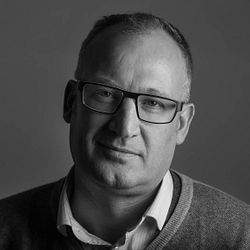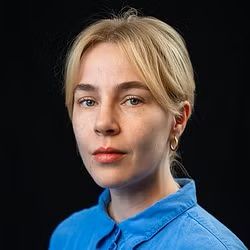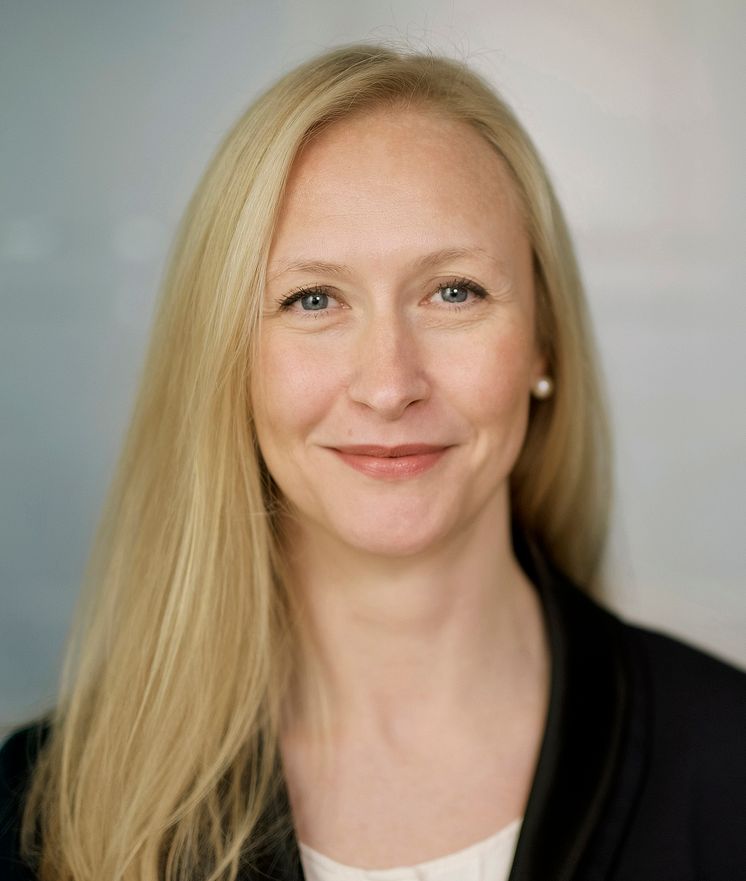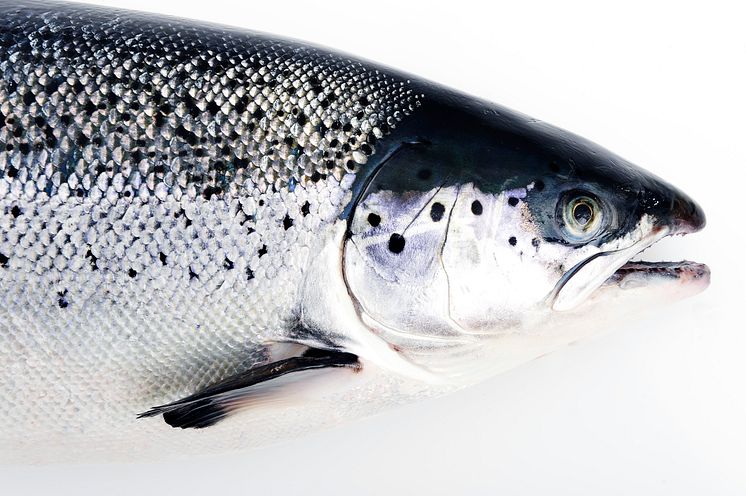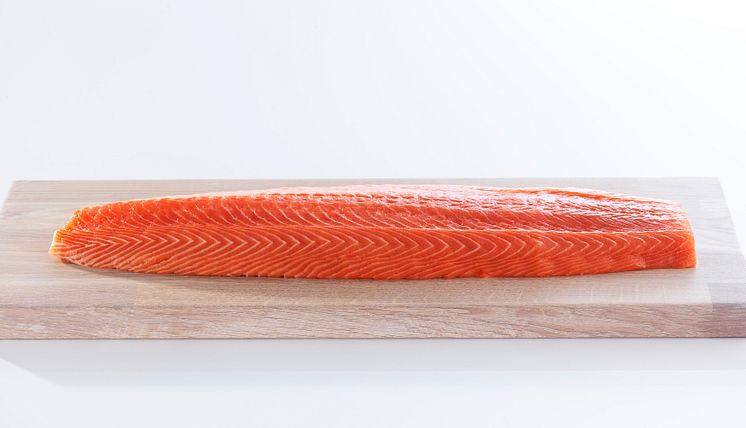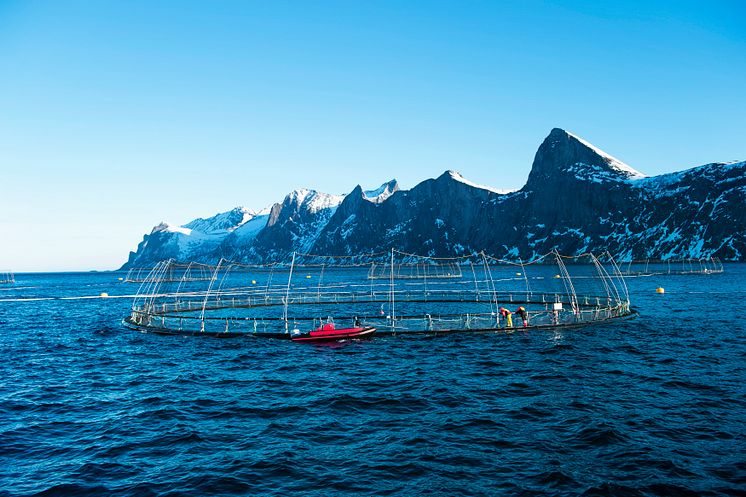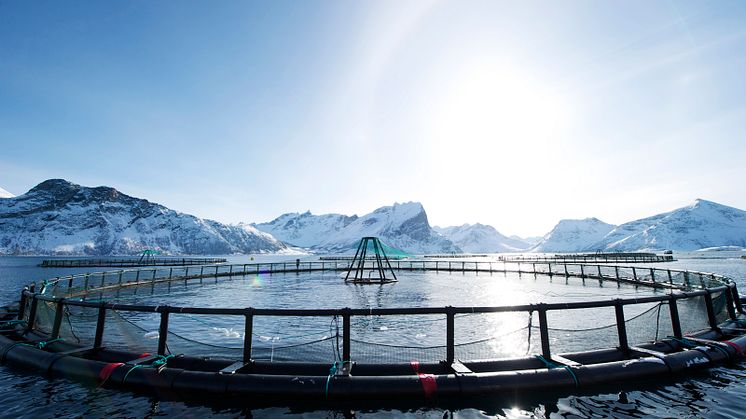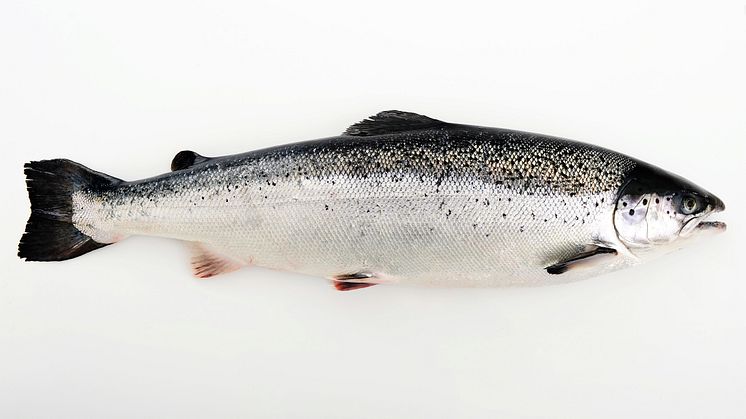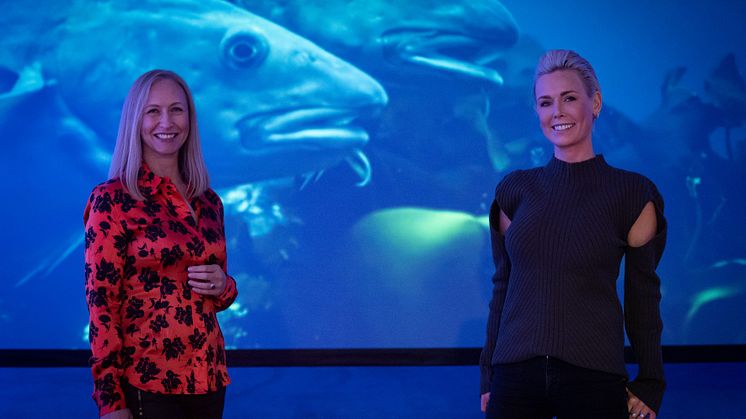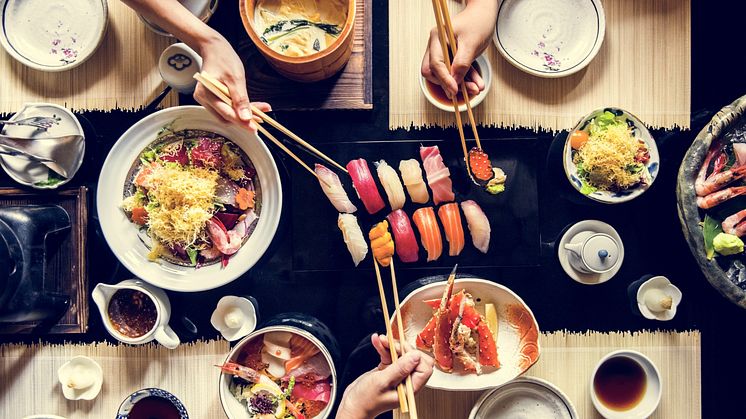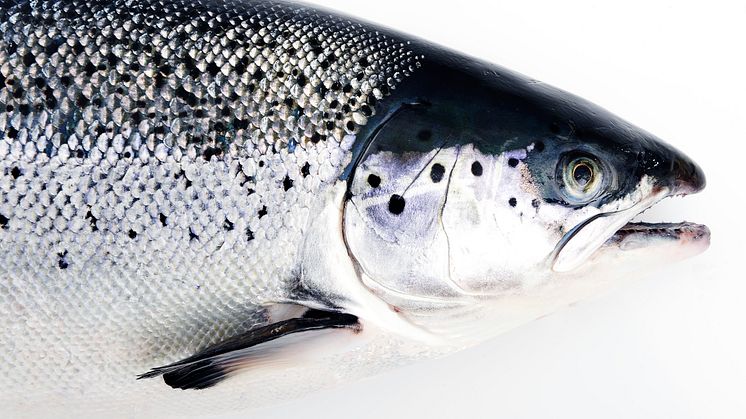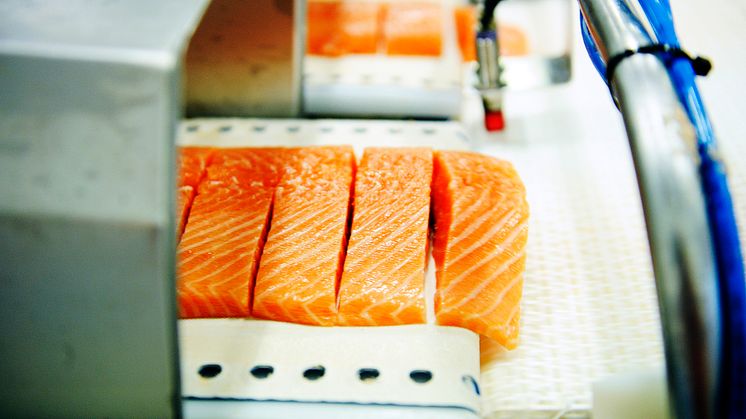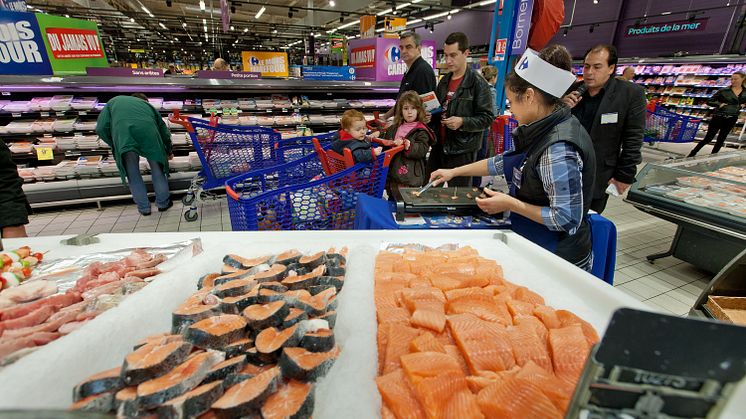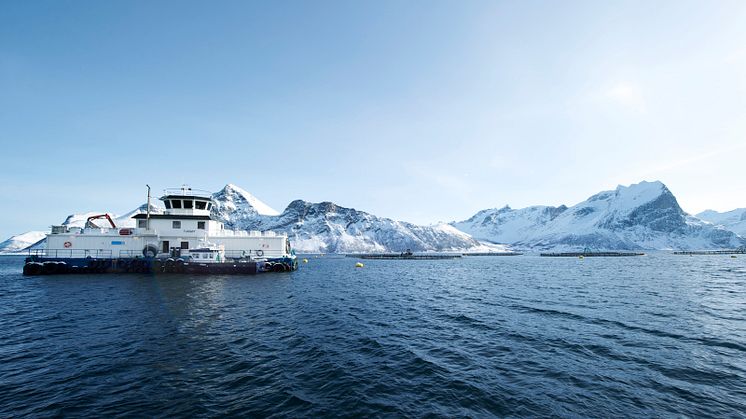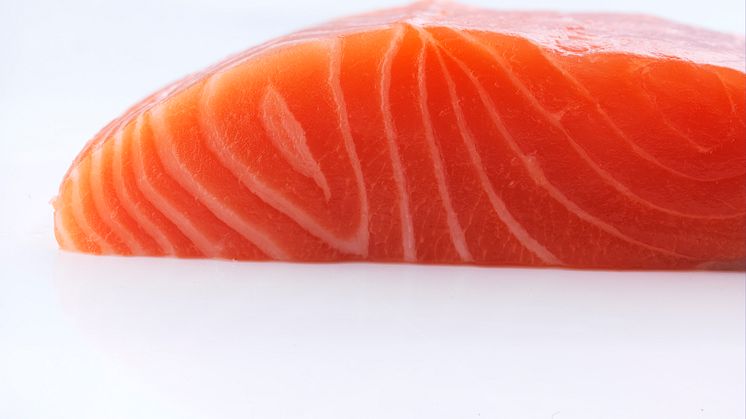
Press release -
Norwegian salmon in top spot on global sustainable food ranking
For the second year in a row, the world’s largest salmon producer, Mowi, reigns at the top of the list of the world’s most sustainable protein producers. In total, three Norwegian seafood companies are ranked among the top 10.
The Coller FAIRR Protein Index looks at how the world’s 60 largest publicly listed companies producing meat, dairy and seafood performs on various risk factors relating to sustainability.
In the three years the report has been published, Norwegian aquaculture companies have always led the way, with Lerøy Seafood Group grabbing the top spot in 2018 and Grieg Seafood also among the top 10.
CEO of the Norwegian Seafood Council, Renate Larsen is not surprised to see so many Norwegian salmon producers scoring high on these rankings year after year.
“There is little doubt that Norwegian aquaculture is among the most sustainable food production there is, and the industry is continually working to further evolve and advance in a sustainable way. Eating more seafood is a good way to reduce our climate emissions, and Norwegian salmon companies are leading the way in sustainable protein production,” says Larsen.
Read summary Coller FAIRR Protein Index report.
Meat and dairy play catch-up
The primary purpose of the Coller FAIRR Protein Index is to support investors in making decisions taking sustainability into account, as well as enabling the companies themselves to benchmark against their peers and improve their management and reporting of risks.
On the list the companies are ranked on how they perform in areas of greenhouse gas emissions, deforestation, use of antibiotics and labour conditions.
Whilst the Norwegian seafood companies represent the positive end of the scale, the report points out that 86 percent of the large meat and dairy producers have not set meaningful targets for how to reduce emissions.
“If global animal agriculture was a country, it would be the second highest emitter of greenhouse gases. FAIRR’s data shows three in four global Meat and Dairy giants are hiding the full extent of their climate emissions or failing to set meaningful targets to reduce them,” says Jeremy Coller, founder of the FAIRR-network.¨
Read more about the FAIRR initiative.
Norwegian salmon lead the way on elimination of antibiotics
Another area where Norwegian aquaculture bucks the trend found in the Coller FAIRR report is on the use of antibiotics in production. Many protein producers use antibiotics to help animals achieve higher slaughter weights, and as a preventative measure to help support against disease caused by unhygienic and crowded conditions in slaughterhouses.
Whilst the use of antibiotics has been all but eliminated in Norwegian salmon farming, 70 percent of the companies in the index, and all companies producing beef or dairy, have been ranked as “high risk” for antibiotic stewardship.
“Norway has never produced more salmon than in 2019, yet the use of antibiotics continues to drop. This is the result of strong focus on fish welfare and food safety in the industry, and we are proud to say Norwegian aquaculture is the best in the world when it comes to antibiotics use in animal food production,” says Renate Larsen.
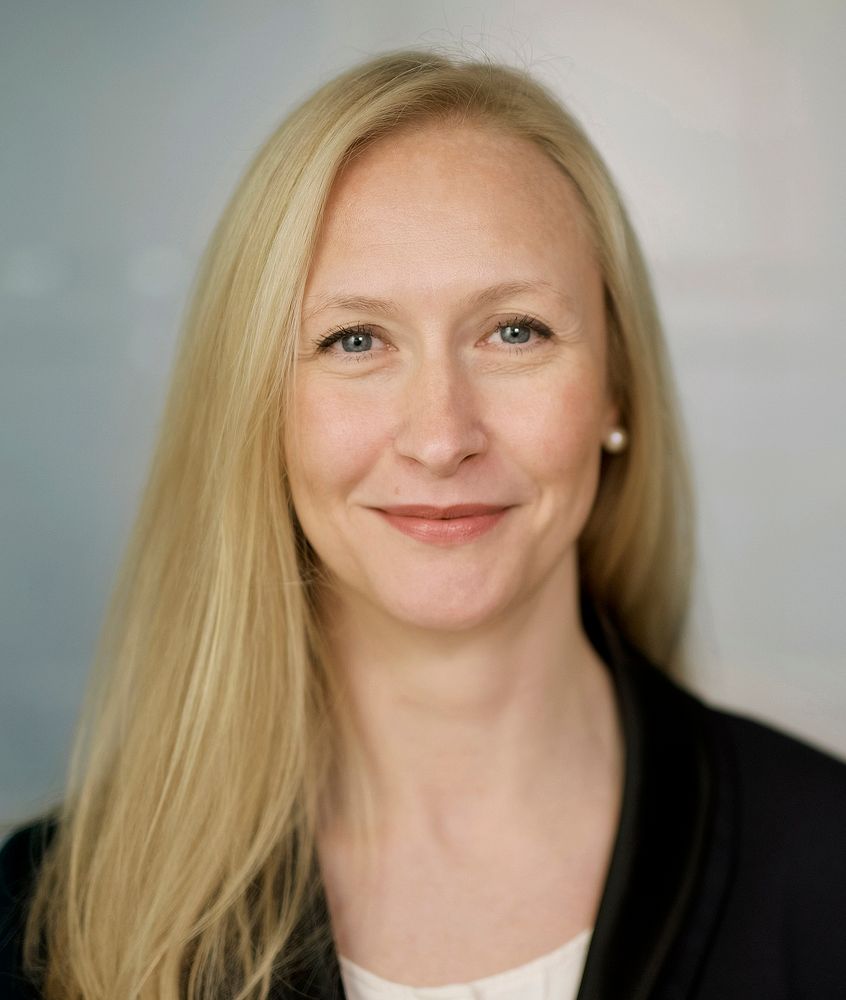
Topics
Categories
The Norwegian Seafood Council works with the Norwegian fisheries and aquaculture industries to develop markets for Norwegian seafood through local market intelligence, market development and reputational risk management. The Seafood Council is headquartered in Tromsø and maintains local representatives in twelve of Norway's most important international markets. The Norwegian seafood industry finances the activities of the Norwegian Seafood Council via a tariff on all Norwegian seafood exports.
The Norwegian Seafood Council is a public company owned by the Ministry of Trade, Industry and Fisheries.


